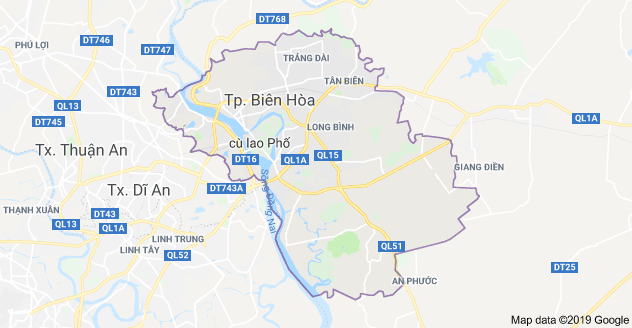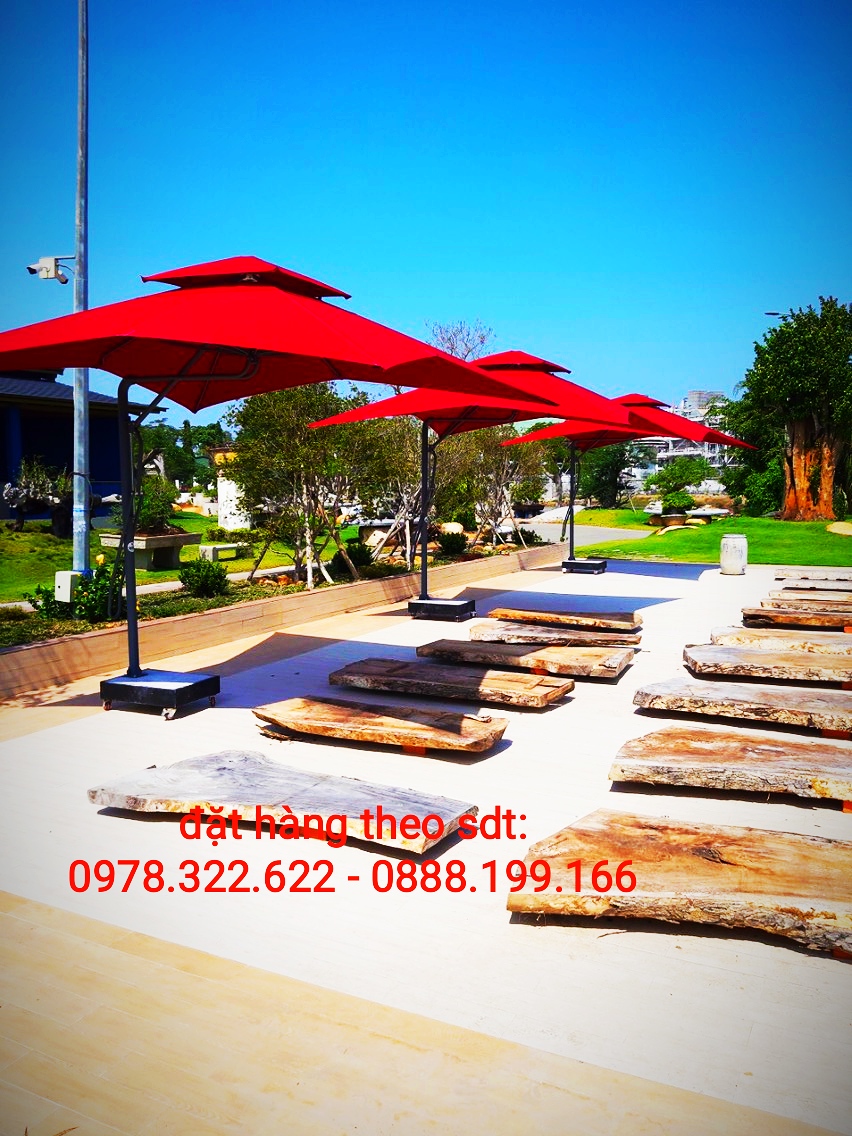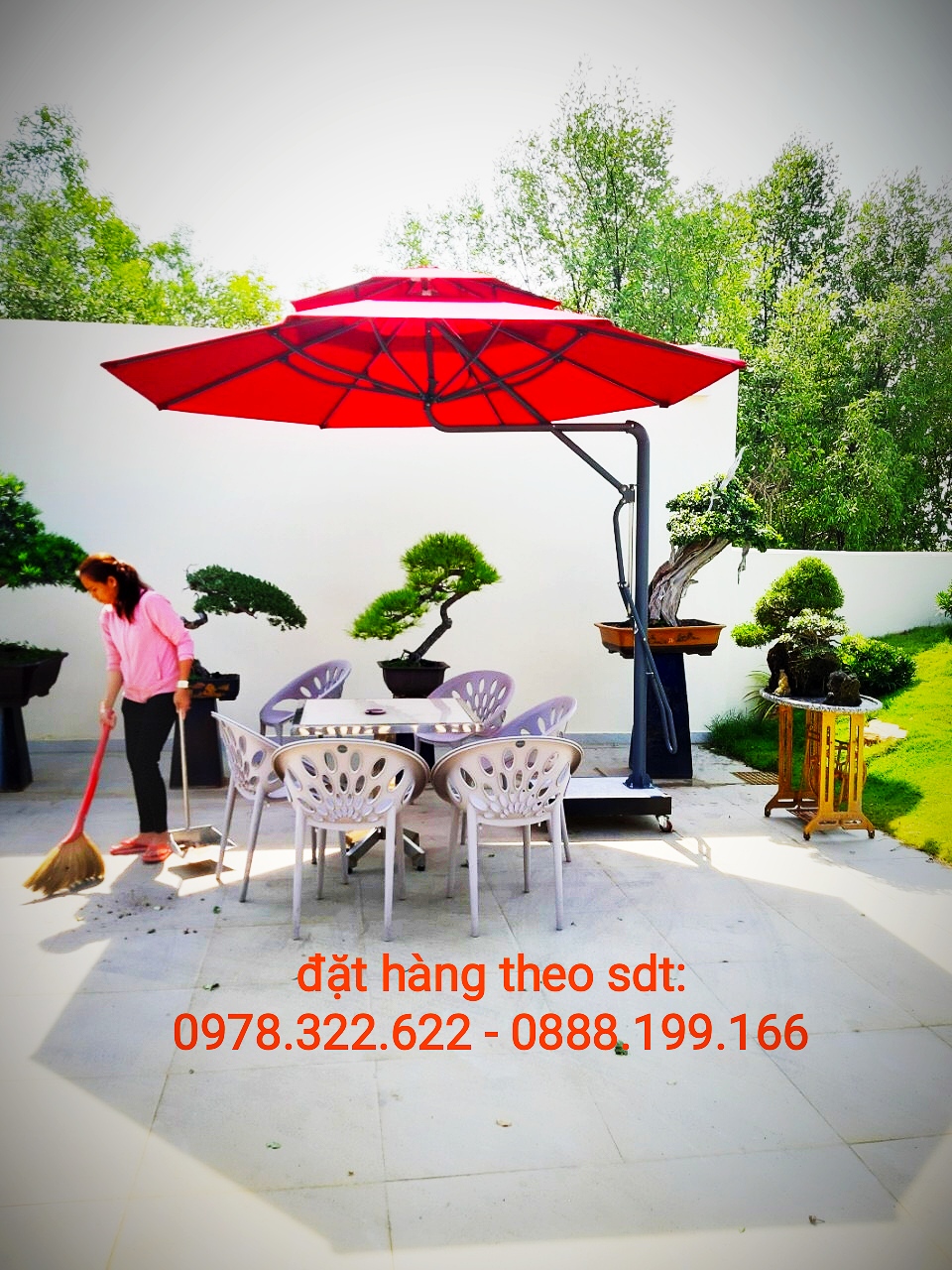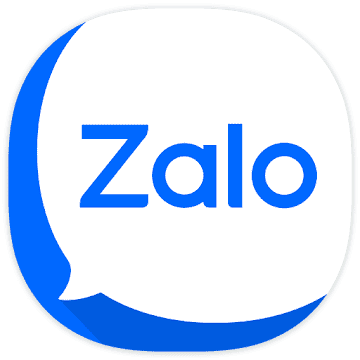Viết bình luận
JoshuaVow (chưa được kiểm chứng)
- phản hồi
Email:
margueritedixon2004@ovigefml.com
Since India’s independence from Britain in 1947, the status of English in India has been deeply political – entwined with questions of identity, power, and national direction.
Today, English is one of several official languages in India, spoken by about 10% of the population. Hindi is the first language for around 44% of citizens, according to the 2011 census.
tripscan
But in recent years, Modi’s BJP has placed particular emphasis on promoting Hindi and reducing the use of English in public life.
The prime minister almost never delivers speeches in English, preferring Hindi for national addresses such as his monthly radio program. His administration has encouraged officials to use Hindi on social media and in government correspondence – though, after criticism from non-Hindi-speaking states, clarified that this was intended mainly for the Hindi belt in the north.
https://trip-scan.biz
tripscan
When India hosted world leaders for the 2023 G20 summit in New Delhi, invitations were sent out from “Bharat” – the Sanskrit or Hindi name for the country – instead of “India,” fueling speculation that the government aims to ultimately phase out the country’s English designation altogether.
Modi’s critics have been quick to note his political motives behind these moves.
With its roots in the Rashtriya Swayamsevak Sangh (RSS), a right-wing organization that advocates Hindu hegemony within India, the BJP’s language policies resonate with many in a country where nearly 80% of people are Hindu.
Analysts say the BJP is seeking to capitalize on this demographic by promoting language policies that strengthen its support base in the north.
According to Rita Kothari, an English professor from Ashoka University, the government “is certainly interested in homogenizing the country and making Hindi more widespread.”
But that policy can also backfire – in part because many regions, such as Marathi-speaking Maharashtra in the west – are staunchly proud of their local language.
The violent clashes in the state’s megacity Mumbai earlier this month were sparked by the regional government’s controversial decision to make Hindi a compulsory third language in public primary schools.
Pushback and protest has also been especially strong in the south, where English and regional languages such as Tamil, Telugu, and Kannada are valued as symbols of local identity and autonomy.
August 16, 2025 at
2:34 am
Giới thiệu
Ô Dù Lệch Tâm, Ô dù lệch tâm cho các hệ thống quán Cà Phê, Ô dù lệch tâm cho Khu Du lịch, sân trường, các loại dù sự kiện, nhà bạt nhà lếu xếp di động chuyên dụng kích thước đa dạng và có độ thẩm mỹ cao tạo không gian sống thoải mái và môi trường kinh doanh làm việc của bạn đạt hiệu quả cao nh
Với tiêu chí lấy chất lượng sản phẩm là hàng đầu để tạo uy tín cho sự phát triển bền vững của Ô Dù Lệch Tâm.
Chúng tôi nằm trong hệ thống liên kêt với công ty TNHH- Hòa Phát Đạt
xem thêm :
mai hien di dong, mai xep luon song
Nếu Quý khách hàng có nhu cầu xin liên hệ số ĐT: 0978.322.622 hoặc 0942.922.622
Liên hệ

- Địa chỉ: Số 95, KP Nhị Đồng 2, P Dĩ An, TX Dĩ An, T Bình Dương – Việt Nam
- Địa chỉ: Số 938, Đường Đồng Khởi, P Trảng Dài, TP Biên Hòa, T Đồng Nai – Việt Nam
- Địa chỉ: Số 26, Đường Số 10, P Trường Thọ, Quận Thủ Đức, TP Hồ Chí Minh – Việt Nam
- ĐT: (+84)0942 922 622 hoặc: (+84)0988.721.232
- Mail: anhhoaphatdat@gmail.com








